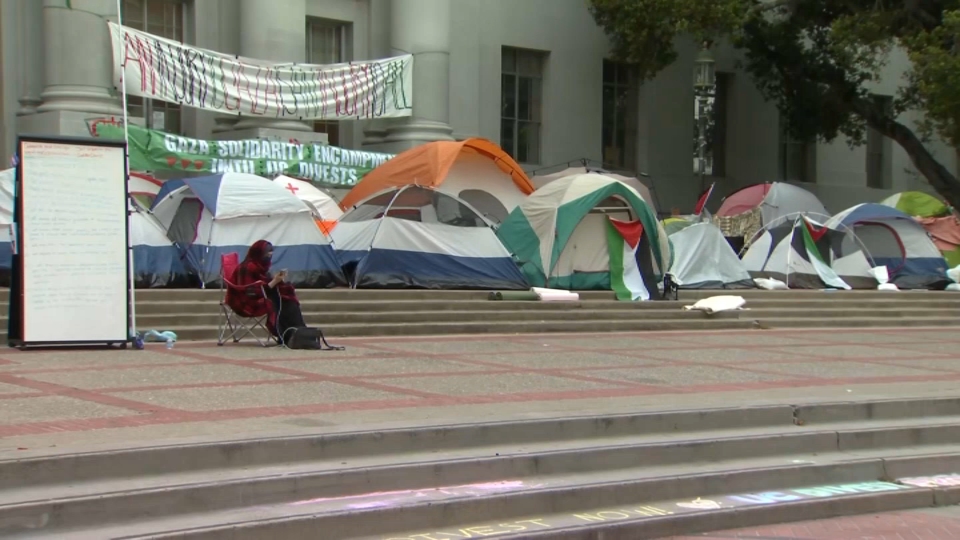In an ironic twist the ongoing Federal Government partial shutdown has had the effect of allowing more undocumented immigrants to stay here in the United States longer.
Simply put, US Immigration Court procedures for non-detainees have ground to a halt.
Because all US immigration Court hearings for those immigrants who are not being detained have been canceled thousands of cases have been canceled, postponed and delayed
Before the shutdown began on Dec. 22, 2018, the backlog of pending case before US Immigration Court exceed more than 1.1 million. That’s an increase in the backlog of 49 percent since 2017 when President Trump took office.
Now thousands more cases nationwide have been added to that backlog, and the number grows every day the government remains shut down.
According to US Immigration Court data analyzed by Syracuse University’s Transactional Records Clearinghouse or TRAC, since President Trump took office a quarter million (225,846) more immigration cases have been put on hold. This adds up to a backlog of pending immigration cases that now exceeds 1.1 Million or 1,098,468 cases.
In California alone that’s 146,826 pending cases; 60,677 of them in San Francisco.
Local
That backlog has now resulted in an average wait time for one case to be heard of more than two years.
“Everything’s up in the air. We’re frustrated and clients are frustrated,” says Immigration Attorney Gautam Jagannath.
The partial government shutdown has “completely affected all of the non-detained hearings. So the moment the shutdown took effect all of the non-detained court hearings have come to a grinding halt,” he says.
Jagannath, Co-Founder of the Social Justice Collaborative, once based in Oakland, now based in Berkeley, says the Collaborative’s team of lawyers now have hundreds of clients who have had hearings or even trials canceled since the shutdown started on Dec. 22, 2018.
US Immigration Court has been similarly affected throughout the country. Records show thousands of other cases around the US have also been stalled because Immigration Court judges and staff have been furloughed, except for those who must hear cases of people remaining in custody.
San Francisco-based US Immigration Court Judge Dana Leigh Marks, former president of the National Association of Immigration Judges, told NPR’s Don Gonyea that “…every day that I don't come back to court means the cases I was supposed to hear are going to have to be shoehorned in somewhere later down the line.”
In the interview with NPR Judge Marks also added “…what's so ironic, is that the issue of the shutdown deals with immigration policy. And yet 52 percent of the immigration court system is shut down because of the lack of funding.”
Defense lawyers like Jagannath said the effects are real for his clients.
“It has a tremendous impact,” Jagannath told NBC Bay Area’s Senior Investigative Reporter Stephen Stock. “And when we’re talking about clients who’ve been waiting with the stress on their back of having this hearing date. And not knowing how many more years they’re going to have to wait to be able to tell their story, it affects …it affects everybody.
As for what happens when the government finally does reopen… that’s up in the air too. Some trials may be delayed because the courts weren’t open to accept paperwork and legal filings.
“We spoke the court administrator yesterday (Thursday, January 10, 2019) and he told us unequivocally they’re not accepting filings,” Jagannath said. “Which is a sort of a limbo because we don’t know when the shutdown is going to end. And so how are we supposed to actually go forward and prosecute these cases when we’re not able to submit the documents?”
And with the Trump Administration making it a priority to clear the cases of undocumented immigrants who crossed the border and were detained in 2018, those who came to the US in earlier years and have already waited longer could go to the back of the line.
Making a wait for a court hearing that’s already extended 2, 3, even 4 years, even longer.
“Some of our other clients who came in before and were waiting on a trial are probably going to the back of the line,” Jagannath told NBC Bay Area. “That’s my guess but of course we don’t know."



